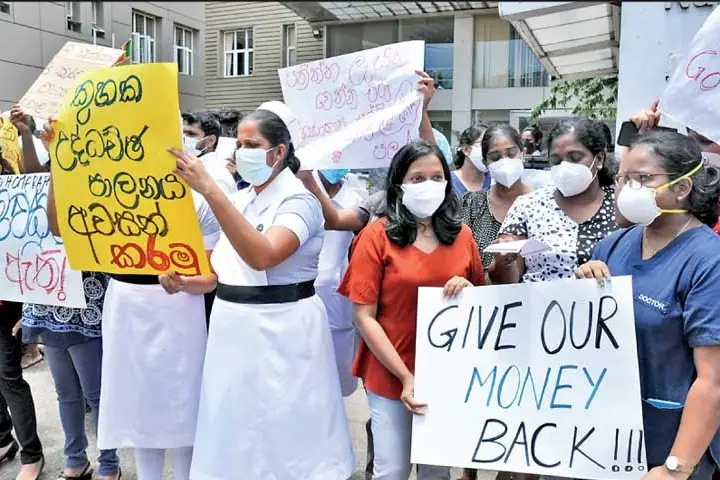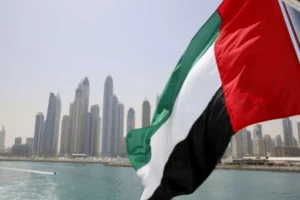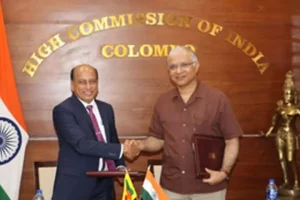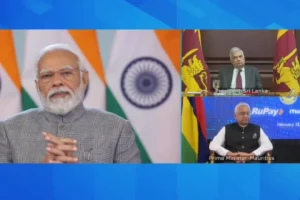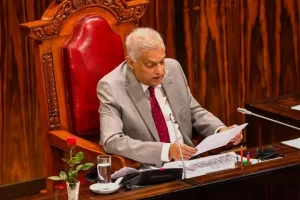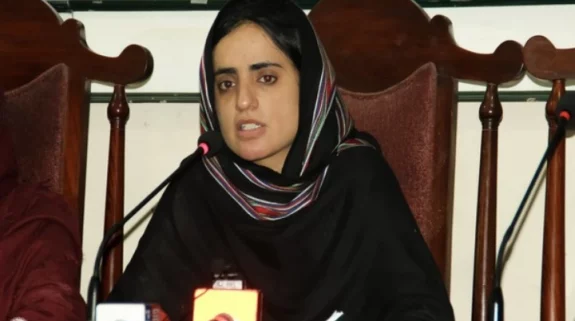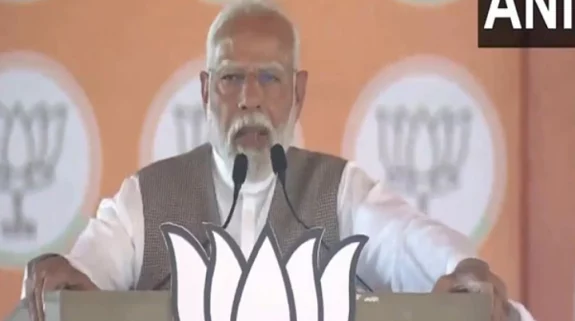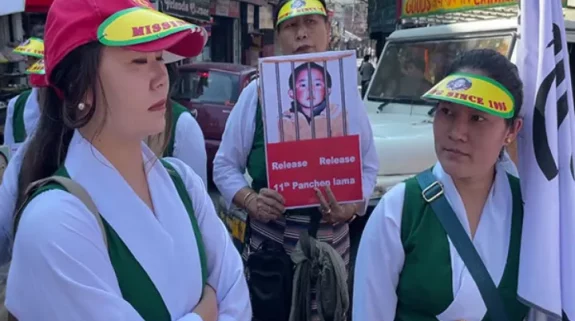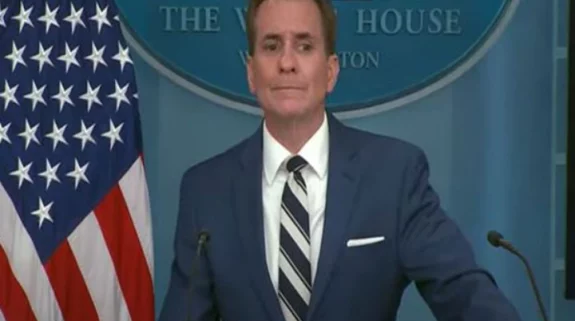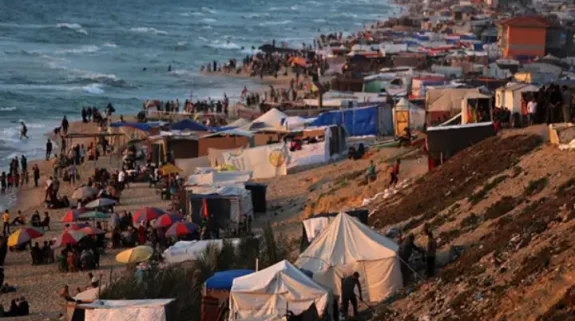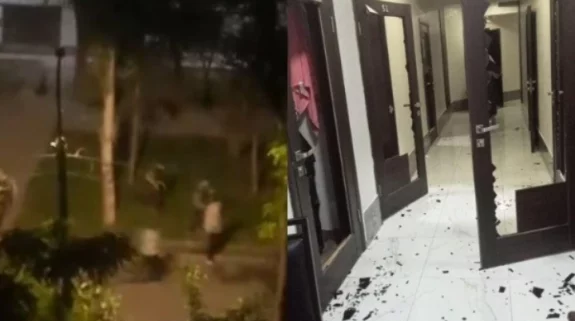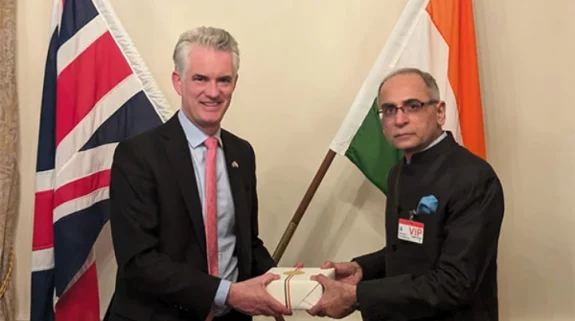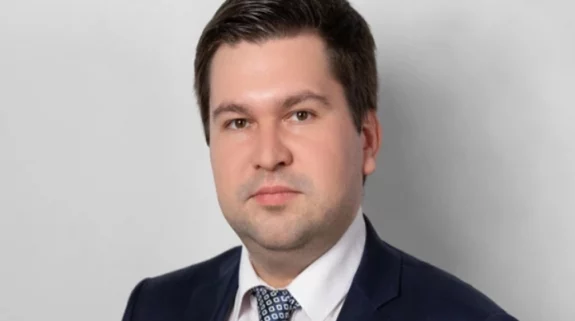Sri Lankan politicians have failed to find a solution to the humanitarian crisis engulfing the country despite a two-day debate in parliament and calls to bridge the divide between the ruling party and the opposition.
The situation in Sri Lanka remains the same with long powercuts, 36-hour long fuel queues and escalating food prices. In a grim warning, Speaker Mahinda Yapa Abeywardena told the parliament: "We are told this is the worst crisis, "but I think this is just the beginning. Shortage of food, gas and electricity will get worse. There will be starvation".
Embattled President Gotabaya Rajapaksa has decided not to resign as his party, the Sri Lanka Podujana Peramuna (SLPP), still enjoys a simple majority. Parties supporting the SLPP quit the coalition on Tuesday snatching a two-thirds majority from the SLPP after mass protests called for President Rajapaksa's resignation for bringing economic ruin to the country.
On the other hand, the opposition has decided to go after the 20th Amendment–that gives unbridled powers to the President. The main opposition party, Samagi Jana Balavegaya (SJB), will table a proposal before the parliament to abolish the executive presidency, SJB MP Lakshman Kiriella said.
This follows opposition leader Sajith Premadasa's speech to the parliament that political parties must abolish the all-powerful executive presidency within the week, reports Economy Next newspaper.
Meanwhile, India supplied 36,000 tonnes of petrol and 40,000 tonnes of diesel through two shipments, taking the total fuel supplied to the country to 270,000 tonnes.
#Indian credit line for fuel at work!!! One consignment each of 36,000 MT petrol and 40,000 MT diesel was delivered to #SriLanka in the last 24 hours. Total supply of various types of fuel under Indian assistance now stands at more than 270,000 MT. pic.twitter.com/QMO8fftnXA
— India in Sri Lanka (@IndiainSL) April 6, 2022
Protests have spread across the nation with more people coming out to air their grievances on Colombo streets. Students attacked the Health Ministry office after the country ran out of essential medicines. Even opposition MPs have been shouting slogans against the Rajapaksa government, asking President Rajapaksa to quit.
With the entire cabinet resigning including the finance minister, the government has not been able to propose solutions to pull the country out of the economic and humanitarian mess caused by a severe shortage of foreign exchange and the inability to import oil and essential supplies.
The next big challenge for the country will arise in July when Sri Lanka has to pay $1 billion in sovereign debt.






